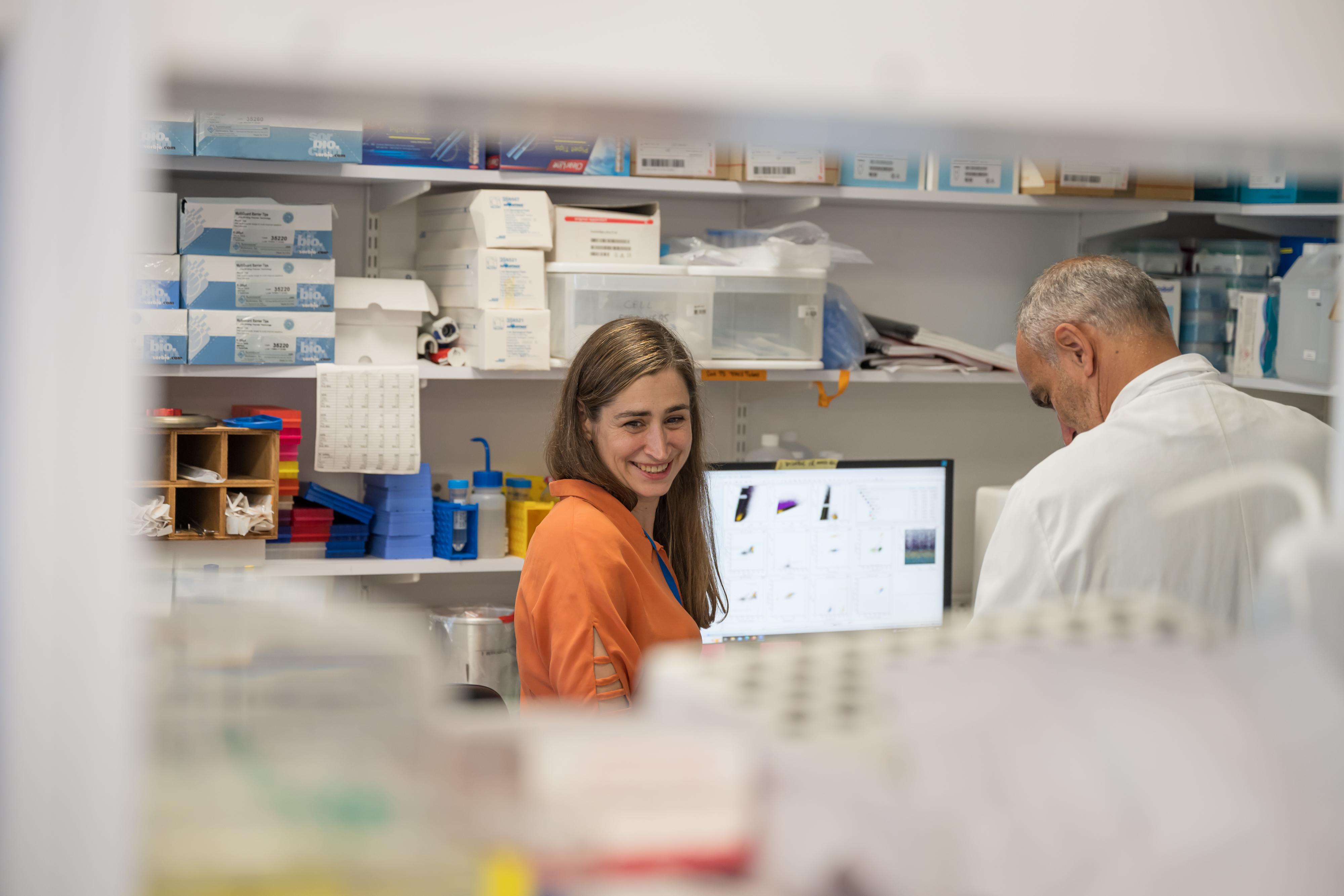Researchers have established an association between the consumption of gluten during pregnancy and type 1 diabetes in children.

If a mother consumes too much gluten during her pregnancy, she increases the risk of diabetes in her unborn child, according to a new study published by the BMJ. The researchers say more research is needed to confirm or deny these findings, before any changes to dietary recommendations for pregnant women can be justified.
Gluten refers to the proteins found in particular in wheat, rye or barley. Animal studies have previously uncovered the association between a gluten-free diet during pregnancy and the disappearance of diabetes in babies.
Average gluten intake was 13 g / day
Based on this premise, the scientists scrutinized the medical records of 63,529 pregnant women between January 1996 and October 2002. All of them listed their eating habits via questionnaires, from the 25th week of pregnancy.
Across the cohort as a whole, the average gluten intake was 13 g / day, ranging from less than 7 g / day to more than 20 g / day. The researchers subsequently identified 247 cases of type 1 diabetes in the children of the participants.
From 10 grams of gluten per day
It is from 10 grams of gluten per day that the risk of type 1 diabetes in the unborn child increased proportionally with the cereal intake of the mother during pregnancy. For example, children of women with the highest gluten intake (20 g / day or more) compared to those with the lowest gluten intake (less than 7 g / day) had double the the risk of developing type 1 diabetes over an average follow-up period of 15.6 years.
The mechanisms that could explain this association are not yet known, but could include increased inflammation or increased permeability of the intestine (called leakage of the intestine).
1.6 million deaths
In an editorial, researchers at the National Institute of Health and Welfare in Finland say more studies are needed “to determine whether the proposed combination is actually determined by gluten, or something else in the cereals. or diet “.
In 2014, 8.5% of the world’s adult population (18 years and over) had diabetes. In 2015, diabetes was the direct cause of 1.6 million deaths and in 2012 high blood sugar caused an additional 2.2 million deaths. In France, diabetes affects nearly 3.3 million people, or 5% of the population (Institute for Public Health Surveillance; 2015 figures).

.

















